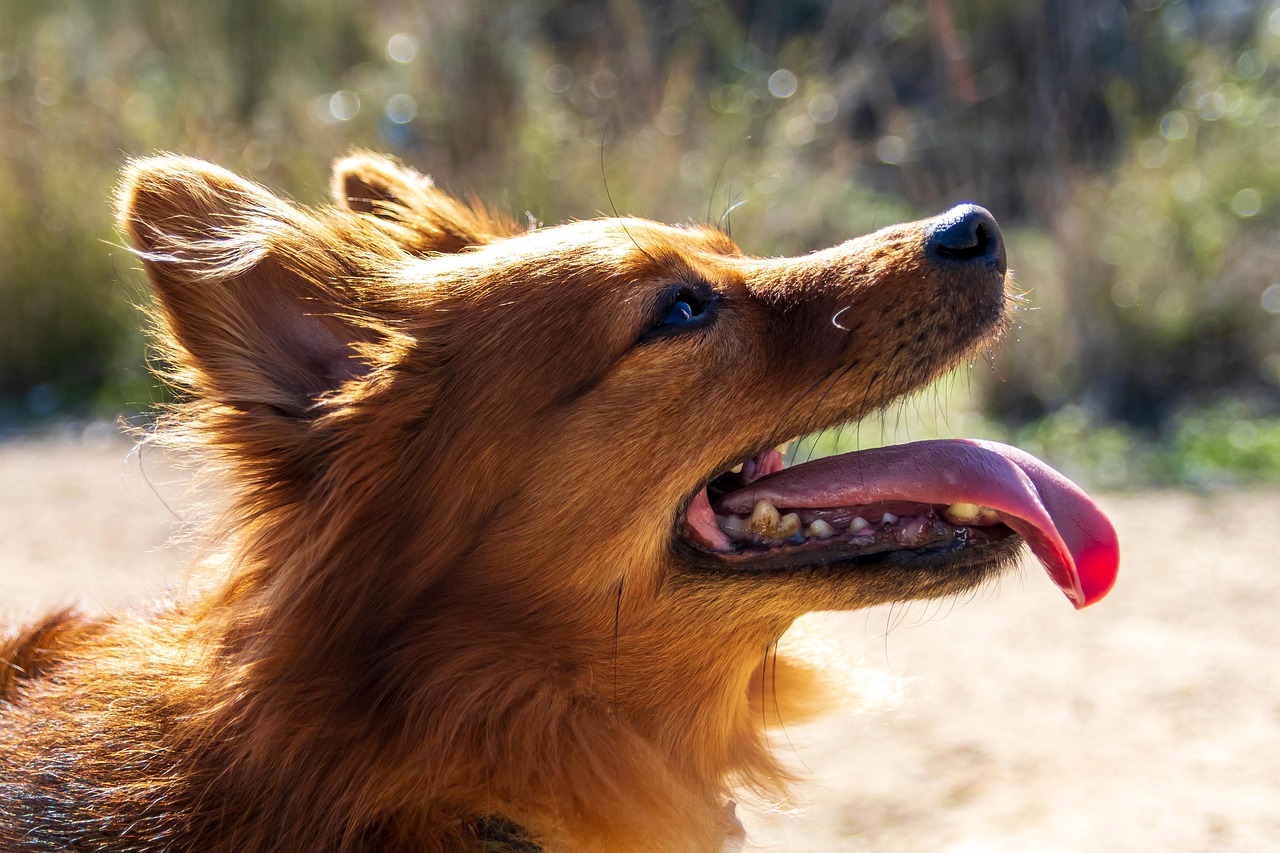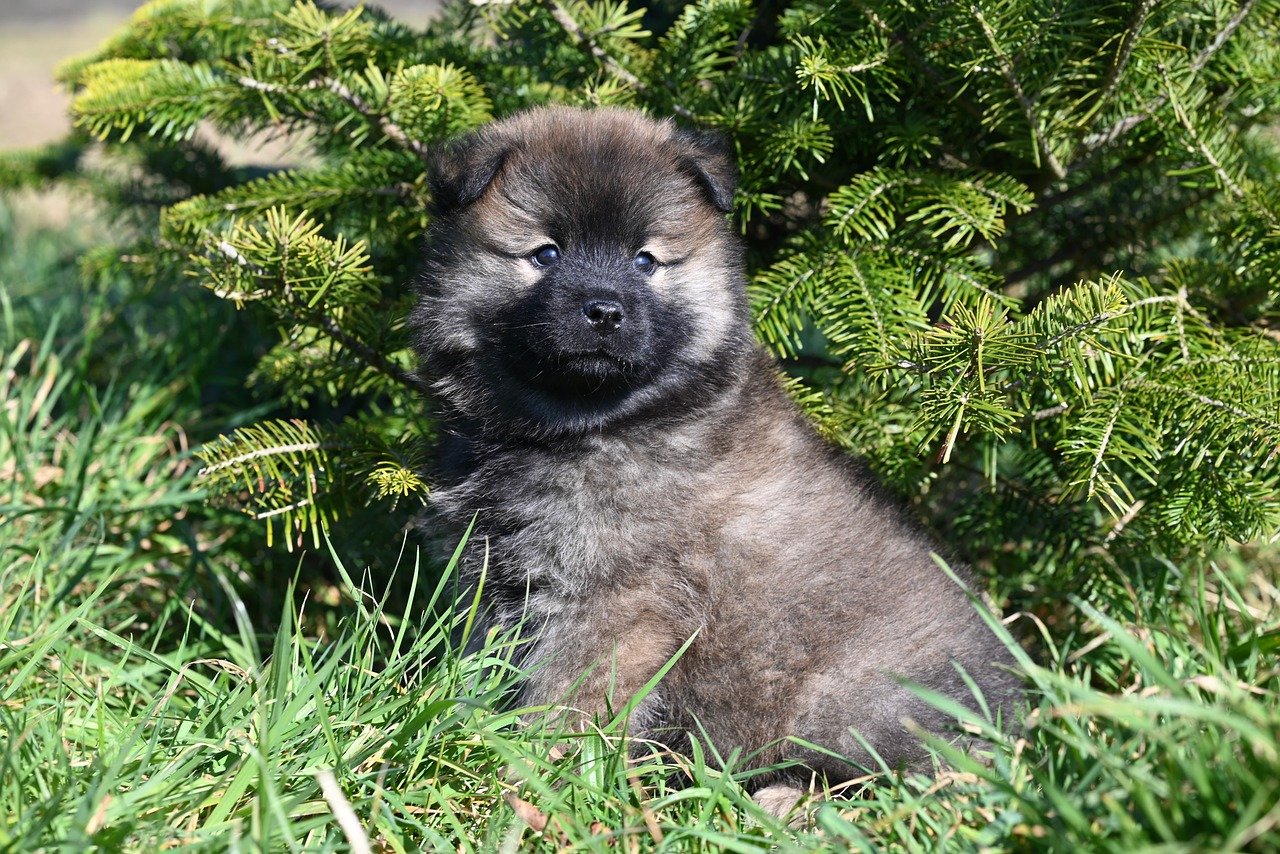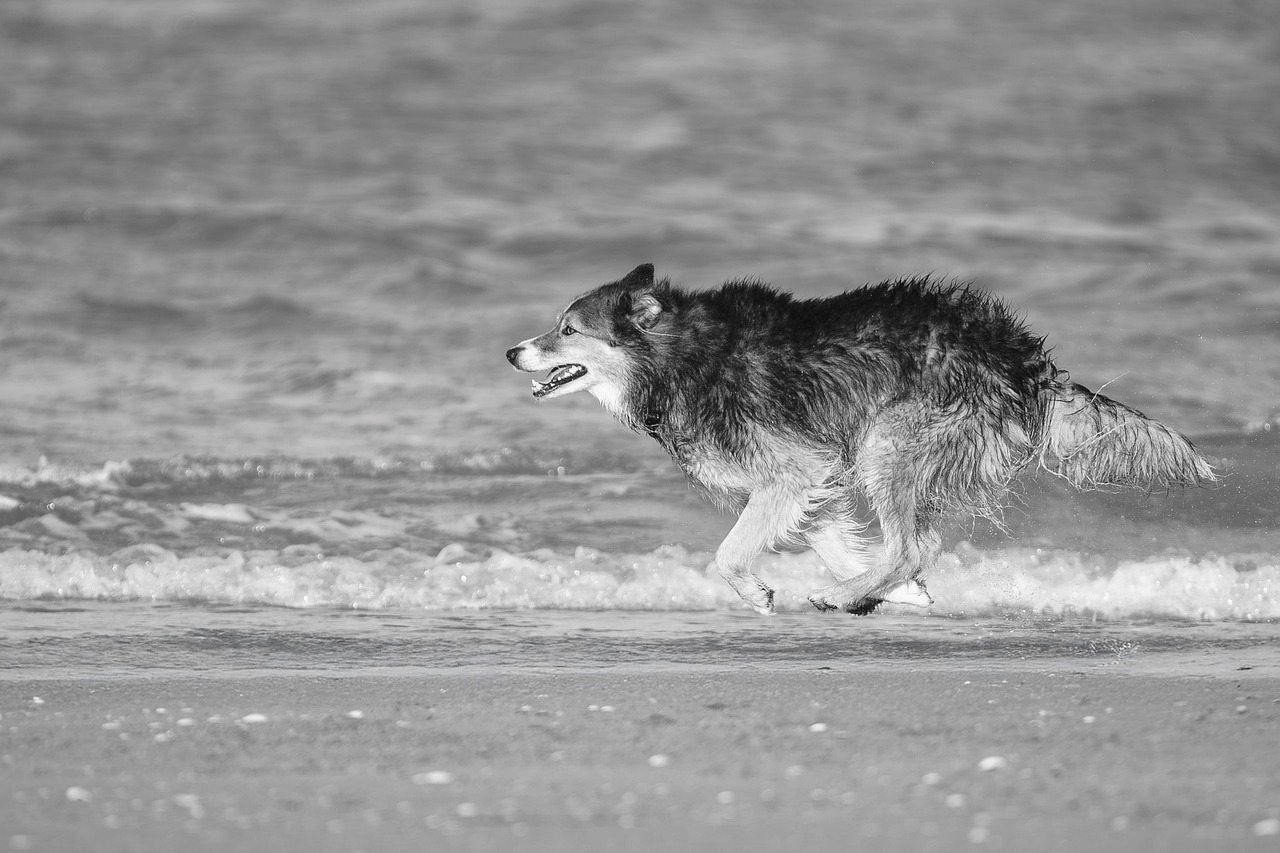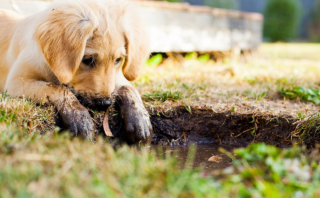Fun and Easy: 10 Dog Training Methods for Kids
Introduction
Children and dogs have a unique bond that’s been celebrated for generations. Training a dog can foster this bond and serves as an educational experience for kids, teaching them responsibility, empathy, and effective communication. Let’s explore how kids can safely and effectively train their four-legged friends.

The Training Basics: Obedience
Start with simple, basic commands like ‘sit’, ‘stay’, or ‘come’. These are easy for kids to remember and teach. The key is to start with short sessions to keep the dog focused. Apart from verbal commands, ensure children also learn the importance of body language in dog training. Have them use clear, assertive movements to direct the dog.

The Importance of Treats: Positive Reinforcement
Positive reinforcement is an effective method of dog training. It involves rewarding the dog with treats, affection, or praise when they perform a commanded action. This encourages repetition of good behavior. Instruct children on feeding treats only when the dog follows a command.
Consistency Is Key
All family members must use the same commands and reinforcement methods. Variance can confuse the dog, leading to slower learning and inconsistent behavior.

Safe Interaction: Teaching Boundaries
Both dogs and kids need to understand their boundaries. Teach children to respect the dog’s space and to recognize signs of discomfort or aggression. Equally, dogs should be trained not to jump up on children, not to grab toys and to keep play gentle.
Be the Pack Leader
Teaching kids to assert leadership is critical. Dogs respect and respond to a pack leader. This is not about dominance or scaring the dog, but showing that the kid is in control.

Training Games: Make It Fun
Children are inclined to enjoy activities that feel like play rather than chores. Introduce dog training games, like obstacle courses or hide-and-seek with treats, to help make training more enjoyable and engaging.

FAQs
What is the right age for kids to start training dogs?
Children aged five or above have the requisite patience and understanding, although direct supervision is necessary. Kids over ten can usually take on a greater degree of responsibility in dog training with appropriate guidance.
Can all dogs be trained by kids?
While most dogs can respond well to training by children, the dog’s temperament and size should be taken into account. Over-exuberant or large dogs may not be suitable for children to train.
How long should training sessions be?
Short, frequent sessions are best. Aim for about 5-10 minutes, several times a day. Keep it fun and end on a positive note to ensure a positive experience.

Conclusion
Training a dog can be a wonderful and enriching experience for children. It can teach empathy, responsibility and patience while increasing the bond between the child and their pet. Remember to supervise the training, ensuring that it’s a safe, positive experience for both the kid and the dog. After all, our pets aren’t just animals; they’re part of our families.



